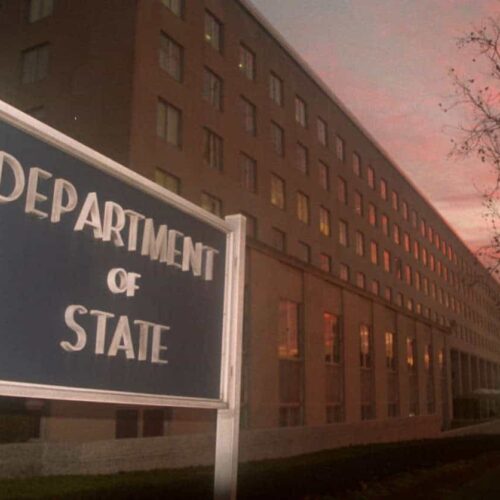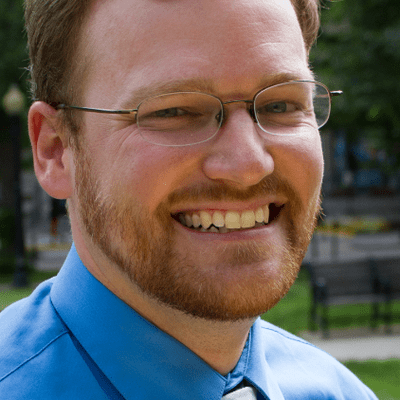Introduction
Update, Feb. 25, 2014, 2:23 p.m.: This story has been updated to include a comment from White House spokesman Eric Schultz.
Under the direction of the American Foreign Service Association, a group of former ambassadors are outlining the “fundamental traits” that are “essential” for diplomats to be successful at their jobs.
Their report, released this morning, arrives as the Obama administration is facing heightened criticism for naming several campaign fundraisers as ambassadors to nations with which they have little direct knowledge or experience.
The goal of the new report is to “ensure we have qualified individuals going into these posts whether they are career or non-career,” American Foreign Service Association spokeswoman Kristen Fernekes told the Center for Public Integrity. “There’s very little guidance on this subject.”
Among the recommended characteristics: Demonstrating integrity, honesty, “an appropriate measure of humility” and “the ability to inspire.” Others include possessing an understanding the public policy process and the “culture and language” of the host country, or having “other suitable international experience.”
Earlier this month, nominees for posts in Argentina, Iceland and Norway admitted before the Senate Foreign Relations Committee that they had never visited the countries which they may soon call home. Afterward, the Washington Post slammed President Barack Obama for using the elite diplomatic jobs as “political plums.”
For generations, presidents have tapped both political allies and professional Foreign Service members to serve as the country’s top diplomats abroad. Yet Obama has elevated loyalists and campaign bundlers at a more rapid pace than his predecessors since winning re-election to a second term, as the Center for Public Integrity has previously reported.
Forty-eight of the 85 ambassadors Obama has nominated since January 2013 have been political appointees, not career diplomats, according to an analysis by the Center for Public Integrity.
That’s 56 percent, compared to about 30 percent under presidents George W. Bush and Bill Clinton.
Of these four-dozen men and women, 24 political nominees have played pivotal roles in the president’s campaign fundraising machine and have collectively raised more than $16.9 million for his committees since 2007 — a figure that almost certainly understates their financial support as campaigns are not legally required to provide details about the sums bundlers raise from their friends, family and associates. (The Obama campaign voluntarily did so but only provided broad ranges, the highest of which was “more than $500,000.”)
Obama campaign bundlers have recently been tapped to represent U.S. interests in some of the world’s wealthiest and safest nations, including the United Kingdom, Canada, Germany, Italy, New Zealand and Switzerland.
The Foreign Service Act of 1980, the most recently adopted law governing the country’s diplomatic corps, states that ambassadors “should normally be” career members of the Foreign Service, although “qualified individuals” who are not career diplomats may be selected “from time to time.”
It also states that “contributions to political campaigns should not be a factor” in the appointment of an individual to be an ambassador.
White House spokesman Eric Schultz previously told the Center for Public Integrity that “being a donor does not get you a job in this administration, nor does it preclude you from getting one.”
In an email today Schultz added: “Our nominees have a mix of sterling academic credentials, years of public service and private-sector experience that make them eminently qualified for the positions to which they were appointed … We appreciate the report and look forward to reviewing it.”
The American Foreign Service Association’s new report was written by a mix of former career and non-career ambassadors, including Charles A. Ray, a retired career diplomat who served as the group’s chairman.
Read more in Money and Democracy
Money and Democracy
Nonprofits spend money on campaigns despite benefactors’ warnings
Spending may run afoul of IRS rules, lawyers say
Primary Source
Credit union overseer cozies up to industry execs
Rick Metsger says government, industry are ‘both regulators’


Join the conversation
Show Comments